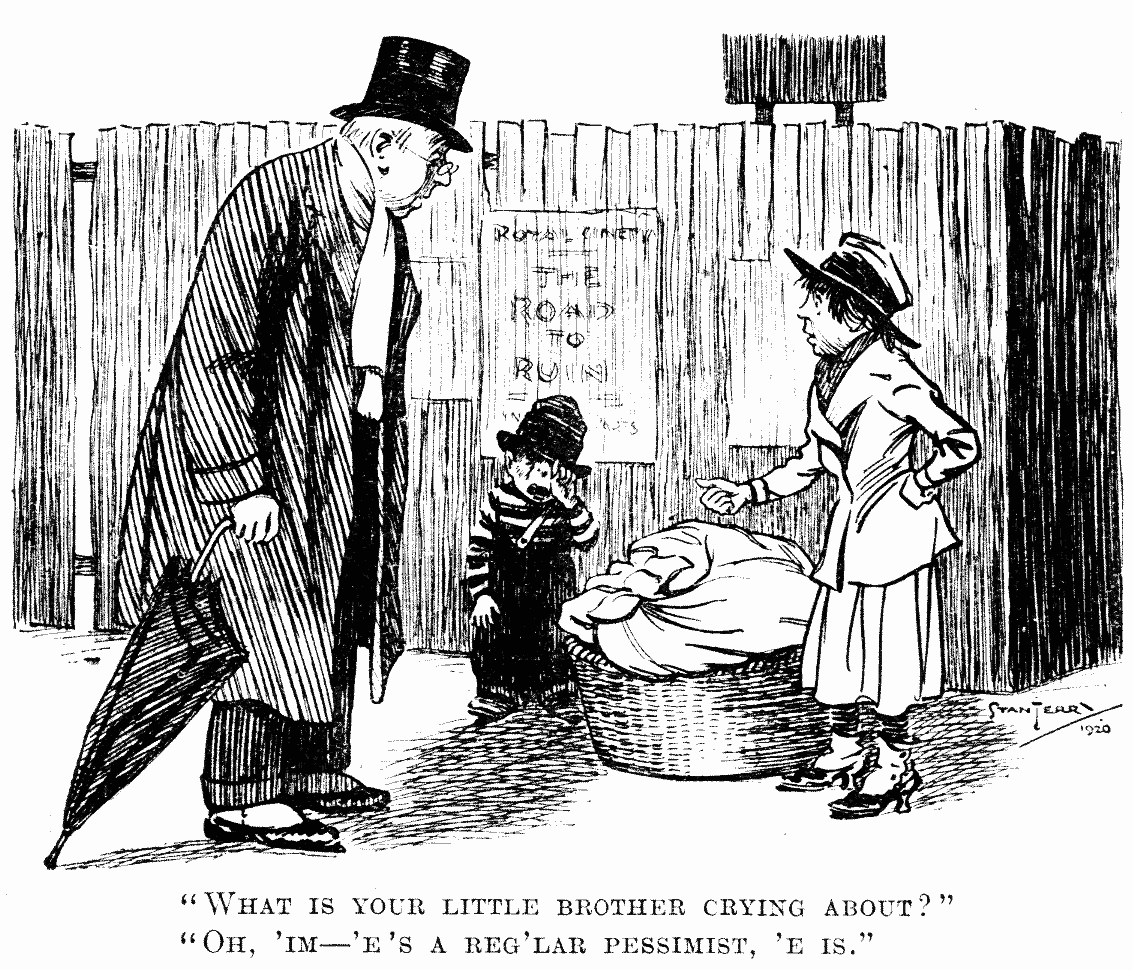 We loved The Carpenters back in the day, and “Superstar” remains up there among our all-time favorite songs. The duet comprised Karen Carpenter and her brother Richard Carpenter, based in Southern California. What you may not know is that Karen identified first as a drummer, and as a singer second.
We loved The Carpenters back in the day, and “Superstar” remains up there among our all-time favorite songs. The duet comprised Karen Carpenter and her brother Richard Carpenter, based in Southern California. What you may not know is that Karen identified first as a drummer, and as a singer second.
Which can be hard to believe given how silky her voice was. Take a look below at the absolute joy she exudes while banging those drums! Her drumsticks seem to be a natural extension of her hands.
While Karen desired both to drum and sing for the Carpenters, Richard wanted her not to hide behind the hulking drum sets, and to be seen more fully at the front of the stage only singing. It was a more commercially appealing proposition, and so Karen came center stage, away from her beloved drums.
Legend has it that her new placement on stage ultimately contributed to her demise. It seems without the creative and rhythmic outlet of drumming, along with difficult family dynamics and–oh, yes–international stardom, Karen Carpenter developed anorexia nervosa. She succumbed to the eating disorder early in 1983.
What do we learn here? If you have a strong desire, or something essential in you — a talent and drive for drumming, or a proclivity to create order out of reams of data — exercise it! Let it all hang out, and not only will you feel freer at work, you’ll likely meet great success.
It would have been exciting to see what would become of the Carpenters’ success had Karen stuck to the drums. We’re bummed that we’ll never know.
What do you have inside of you that needs to be let out?
Image via





